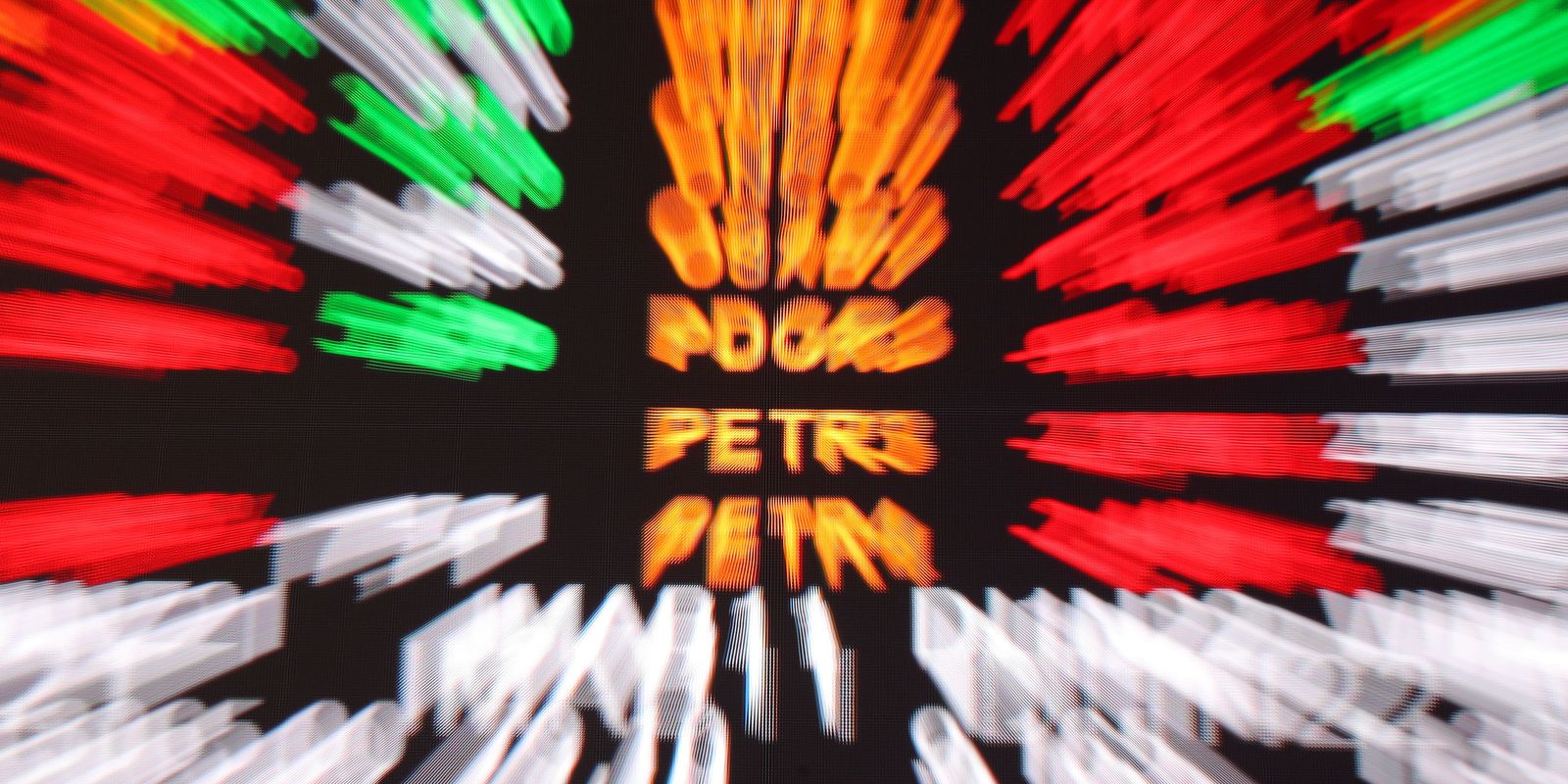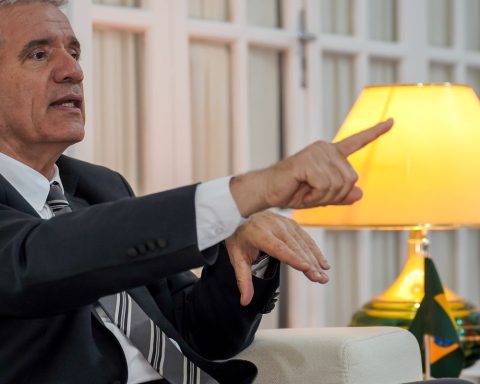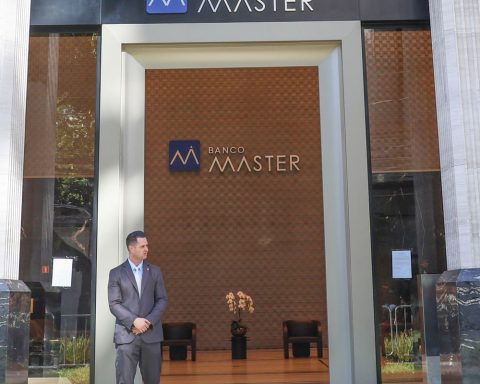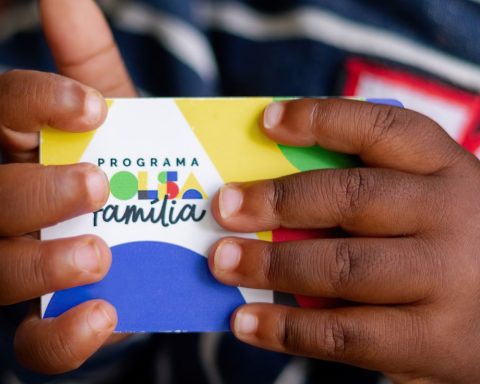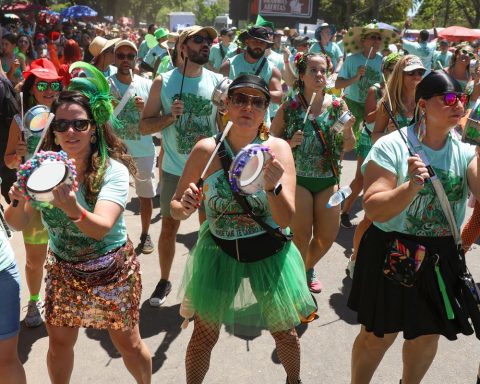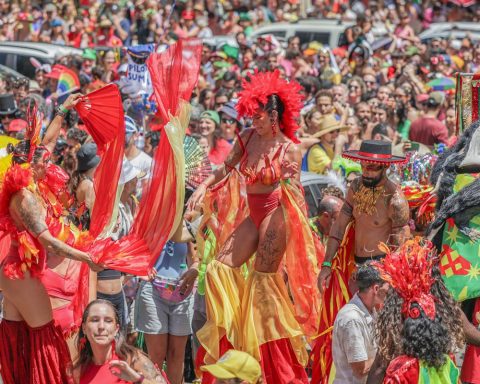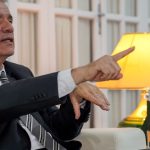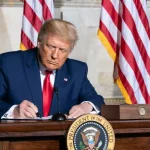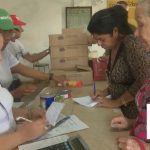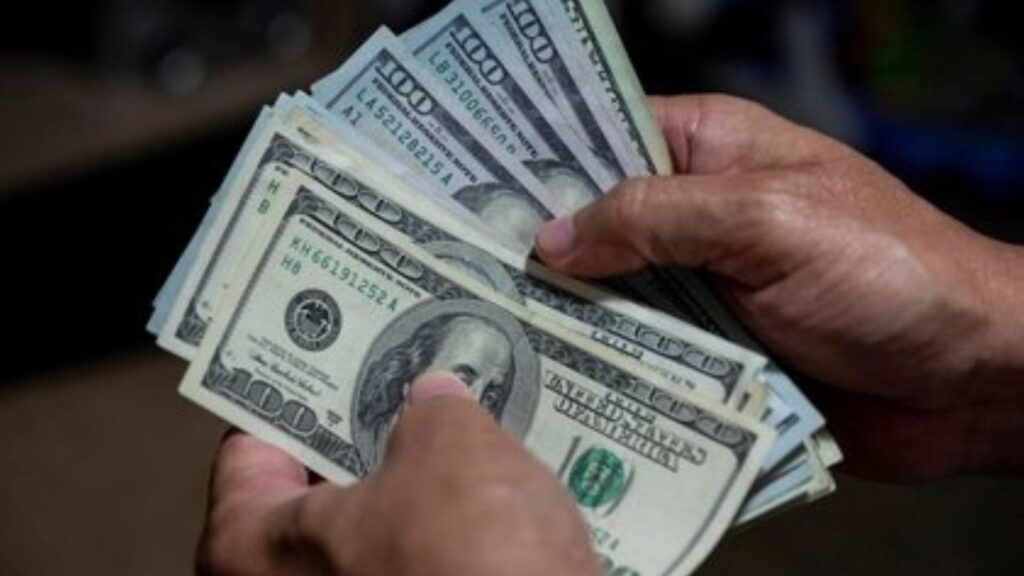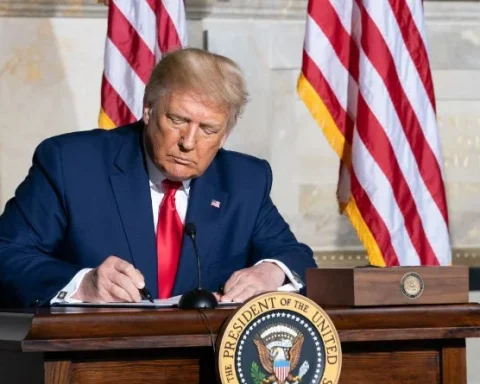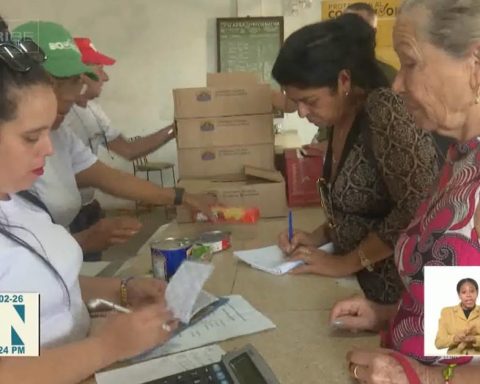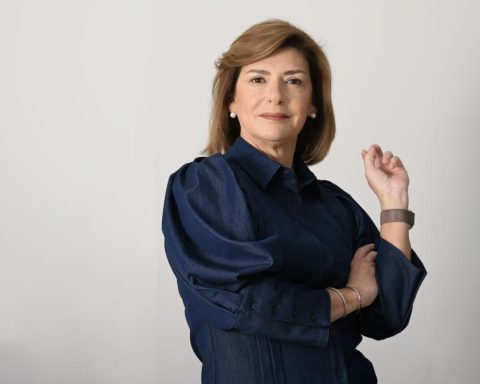In a day of relief in the international market, the stock market rose sharply again and reached the highest level in six months. The dollar returned to close to R$5, reaching R$4.99 several times throughout the day, with the inflow of foreign flows.
The B3 Ibovespa index closed this Friday (18) at 115,311 points, up 1.98%. The indicator is at the highest level since September 14 of last year. With appreciation of 3.22% in the week, the stock exchange had the best weekly performance since January.
Petrobras shares, the most traded, recovered from yesterday’s fall (17) and helped support the index. Ordinary shares (with the right to vote at a shareholders’ meeting) rose 1.22%. Preferred shares (with preference in the distribution of dividends) appreciated by 2.13%. In recent days, Petrobras shares have been experiencing volatility because of discussions around a possible change in the price policy for fuels.
The foreign exchange market also had a day of optimism. The commercial dollar closed the day sold at R$5.016, down 0.37% and at the lowest level since the 9th. In the morning, the quotation had a tense start, reaching R$5.07, but fell during the afternoon with the inflow of foreign exchange.
This was the third consecutive fall for the US currency, which fell by R$0.15 since closing close to R$5.16 last Tuesday (15th). The currency ended the week with a drop of 0.76% and accumulated a decline of 2.72% in March and 9.98% in 2022.
A combination of external factors ensured the cooling off in the international market. First, the telephone conversation between the presidents of China, Xi Jingping, and the United States, Joe Biden, brought relief, after the Chinese leader said that he works to prevent the escalation of the conflict at any cost. In second place, the international price of oil, stabilized this Friday, after increasing 7% yesterday.
On the monetary front, the market still reflects the gradual increase of 0.25 percentage point in US interest rates and the 1 percentage point increase in the Selic rate (basic interest rates) in Brazil. Brazil’s high interest rates are attracting foreign capital in search of greater risk appetite.
*With information from Reuters
